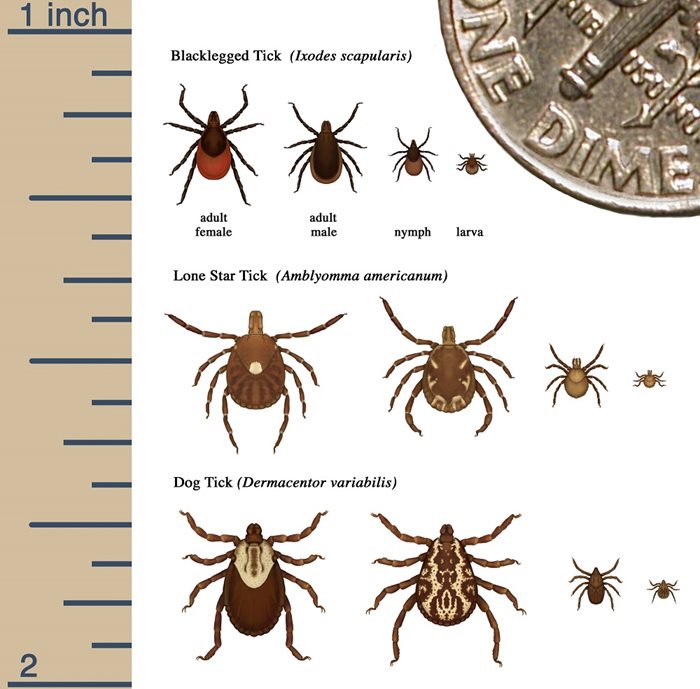Our communities are filled with many gifts of nature, including beautiful woods, rivers, lakes, and fields. We are lucky to live in an area with so many opportunities to enjoy the great outdoors. However, those enjoying nature need to be aware of some precautions to avoid Lyme disease.
Here are some tips from Allan Kuong, DO, FACEP, a physician at Emerson Urgent Care, to help prevent tick bites that can cause Lyme disease.
What is Lyme Disease?
Lyme disease is the most common vector-borne disease in the country. Vector-borne diseases are illnesses commonly transmitted by ticks, mosquitoes and fleas.
Lyme Disease Symptoms
It causes symptoms such as fever, headache, fatigue and sometimes a bull’s-eye rash. If left untreated, infection can spread to your joints, heart and your nervous system.
Tick Bite Prevention
- Use tick repellents containing DEET on your skin. For infants, check with your pediatrician.
- Use Permethrin spray on your clothes. Do not apply it directly to your skin.
- Wear insecticide or repellent-treated long-sleeve shirts and long pants.
- When you come home from being outside, put your dry clothing in a dryer on the highest heat setting.
How to Identify a Tick
Ticks are varied in their shape, size, color and color patterns. Refer to the below tick identification guide from the CDC on how to identify different ticks.

How to Remove a Tick
Check yourself and children for ticks and promptly remove ticks if you find them. It is important to check armpits, hairline, groin and behind the knees where ticks like to attach.
- Use tweezers or small forceps to grasp the tick as close as possible to the skin surface.
- Pull straight up, gently but firmly; do not twist. Also, do not squeeze, crush or puncture the tick body.
- Disinfect the skin with antiseptic or rubbing alcohol following tick removal.
- Observe the tick bite area and other parts of the body for development of a bull’s-eye rash known as erythema migrans.
- Other symptoms of a tick bite can include cardiac, neurologic and arthritis issues.
When Should You Call Your Doctor or Visit Urgent Care?
A clinician can remove ticks and prescribe an antibiotic if needed to reduce the chance you will develop Lyme disease. It is best if the antibiotic is taken within 72 hours of tick removal.
Call your physician or visit urgent care if one of the following occurs:
- You have a tick attached to your body that you cannot remove
- A tick has been attached to your body for approximately 36 hours
- You have a bull’s-eye rash
Enjoy the great outdoors, but be smart about ticks and preventing Lyme disease.
To schedule an appointment for Emerson Urgent Care, visit emersonurgentcare.org or call 978-287-8990.

